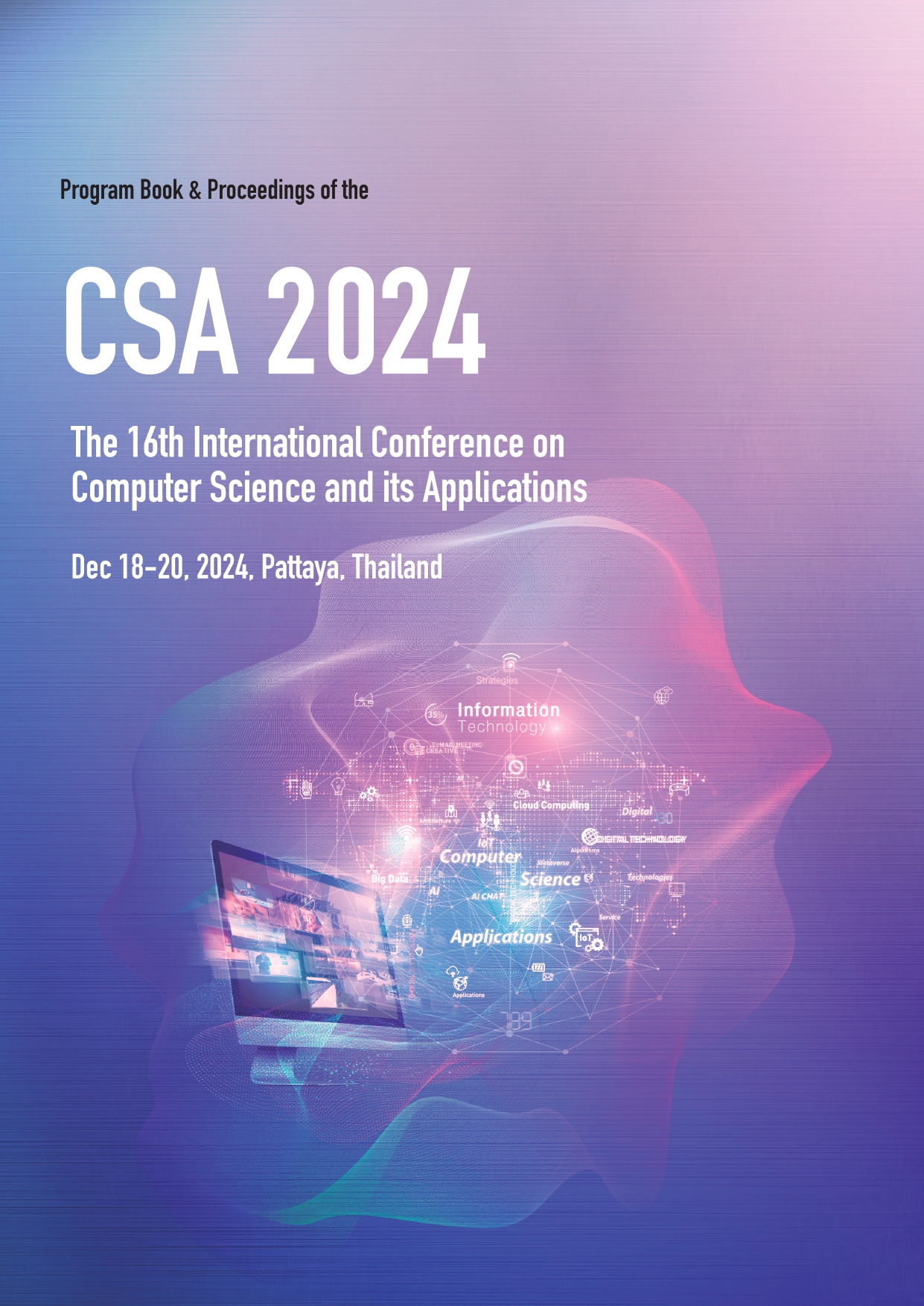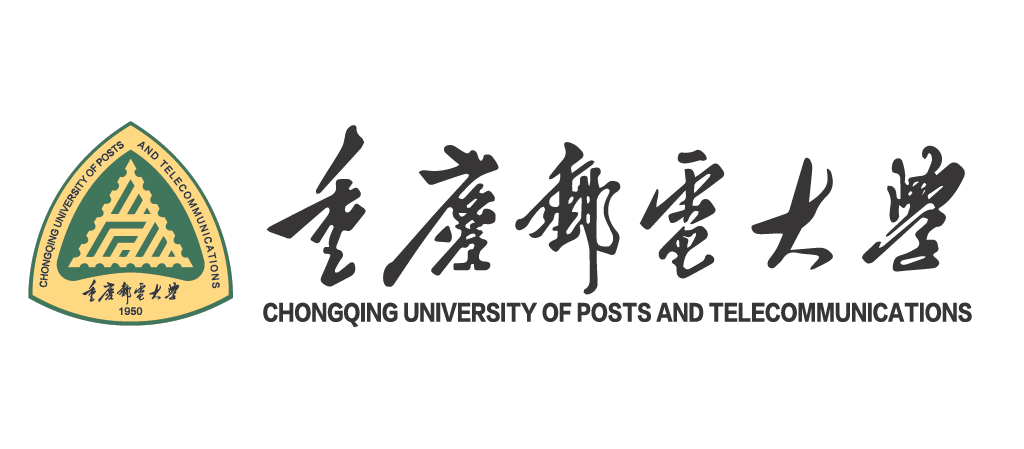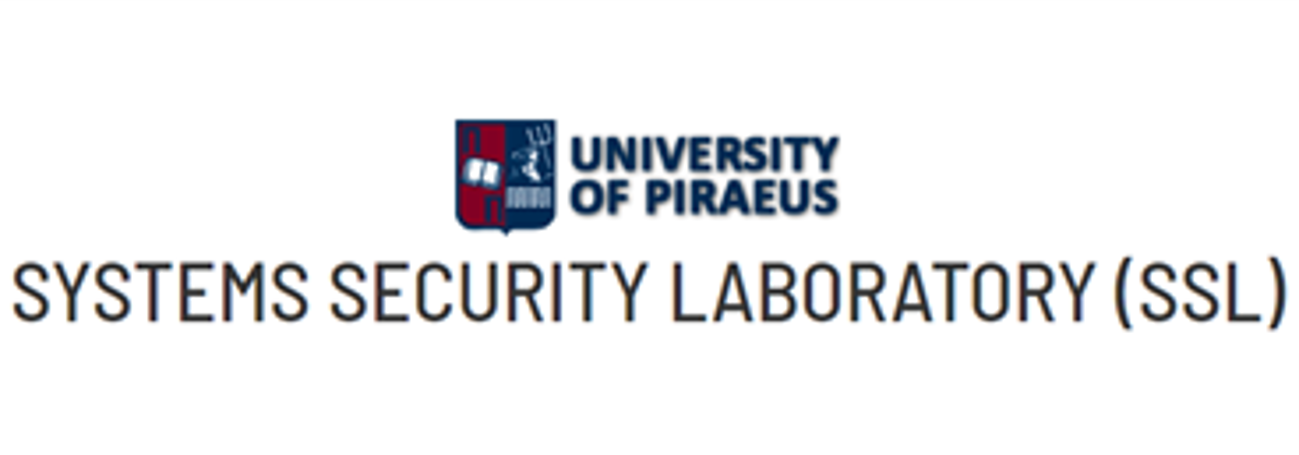 Invited Speaker
Invited Speaker
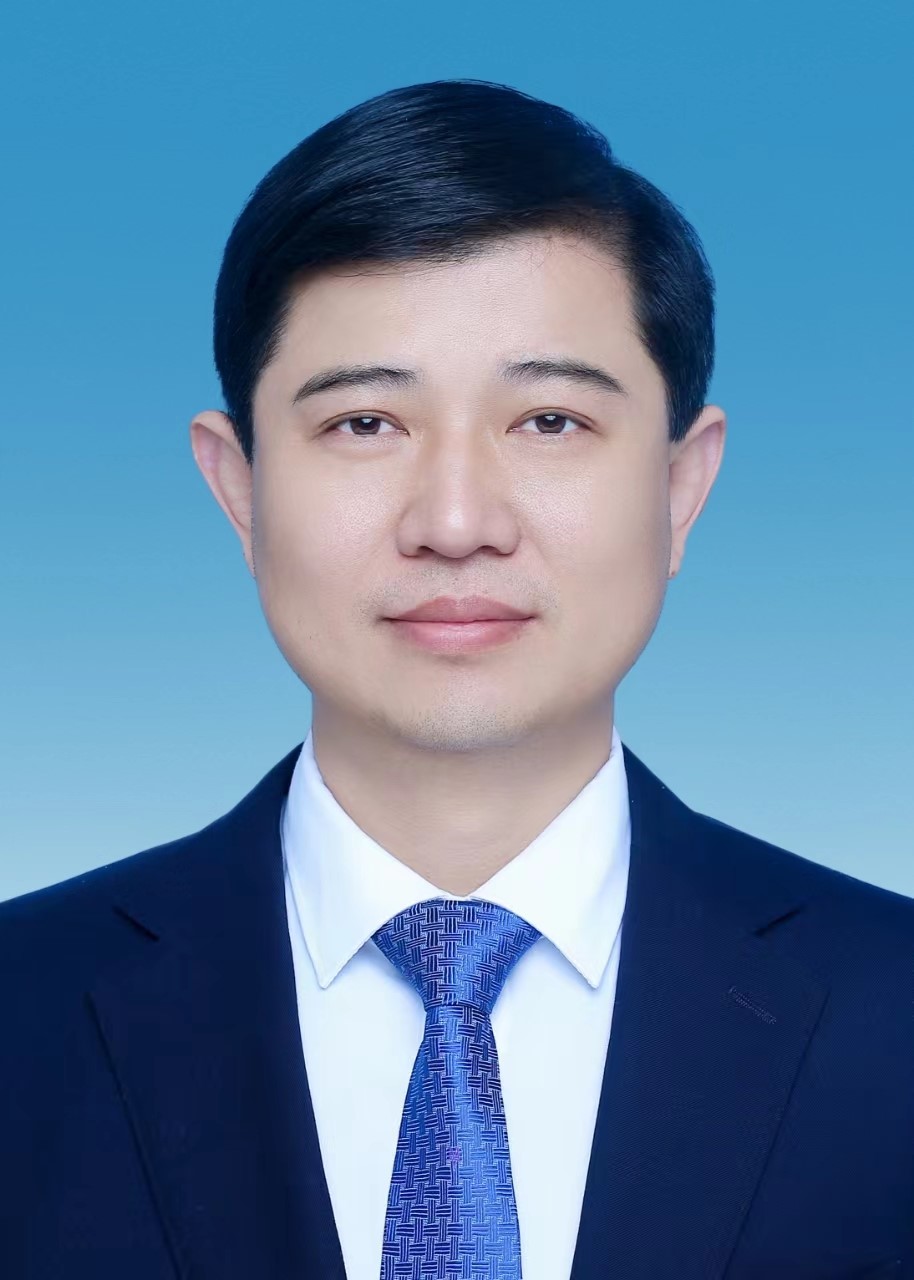
Towards Efficient and Scalable RDMA Networking for Datacenters
Prof. Jin Wang
School of Computer Sicence and Engineering,
Hunan University of Science and Technology, Hunan, China.
Abstract:
As datacenters continue to scale and evolve, the demand for high-performance, low-latency networking solutions has become increasingly critical. Remote Direct Memory Access (RDMA) technology has emerged as a key enabler for achieving these performance goals, offering direct memory access from the memory of one computer into that of another without involving either one's operating system. In this keynote, we will explore the latest advancements in RDMA networking, focusing on efficiency and scalability in large-scale datacenter deployments. We will discuss the fundamental principles of RDMA technology and its benefits over traditional networking approaches, including reduced latency, increased throughput, and lower CPU utilization. Key challenges in implementing RDMA at scale, such as congestion control, fault tolerance, and interoperability with existing network infrastructure, will be addressed. Attendees will gain insights into practical deployment considerations, real-world case studies, and performance benchmarking results that demonstrate the tangible benefits of RDMA in large-scale datacenter applications. By the end of this keynote, participants will have a comprehensive understanding of how to leverage RDMA technology to build efficient, scalable, and high-performance networking infrastructures capable of meeting the demands of next-generation datacenters.
Biography:
Dr. Jin Wang (IET Fellow; IEEE Senior Member) is a professor in School of Computer Sicence and Engineering at Hunan University of Science and Technology. He received the M.S. degree from Nanjing University of Posts and Telecommunications, China in 2005. He received Ph.D. degree from Kyung Hee University Korea in 2010. His research interests mainly include wireless ad hoc and sensor network, datacenter network, network performance analysis and optimization etc. He has published more than 200 international journal and conference papers, such as IEEE TSMC、IEEE TII、IEEE IoTJ、IEEE Wireless Communications、IEEE Systems Journal etc., including more than 20 highly cited papers. He is the Highly Cited Researcher in the world (Clarivate), the Highly Cited Scholar in China (Elsevier) as well as the World's Top 2% Scientist.

Secure IoT-driven Smart City: Futuristic Next Generation Technologies using Advanced Communication
Dr. Sushil Kumar Singh
Associate Professor,
Department of Computer Engineering,
Marwadi University, Rajkot, Gujrat, India.
UCS Lab Leader (Ex.), SeoulTech, South Korea
Abstract:
In the rapidly evolving landscape of metropolitan development, Smart Cities stand at the forefront of technological invention, promising enhanced quality of life through advanced connectivity and intelligent infrastructure. State-of-the-art advanced communication technologies, including the upcoming 6G networks, promise to deliver outstanding speeds, ultra-reliable low latency, and tremendous connectivity, marking a significant leap from its predecessor, 5G. This next-generation network technology will enable unprecedented data transfer rates and connectivity, facilitating the seamless integration of millions of IoT sensor devices across intelligent city infrastructures. However, with the proliferation of connected devices and data flows, security concerns become essential. This keynote lecture explores the critical importance of robust cybersecurity measures to protect sensitive data and ensure the resilience of smart city systems against cyber threats. We will examine state-of-the-art security protocols and technologies, including blockchain, AI-driven threat detection, digital twin-based virtual environment, and end-to-end encryption, essential to protecting the integrity of smart city operations and the security measures required to protect smart city infrastructures from cyber threats. The convergence of these technologies will not only enhance operational efficiency but also immensely improve the quality of life for city inhabitants.
Biography:
Dr. Sushil Kumar Singh (Member, IEEE) is an Associate Professor in the Department of Computer Engineering at Marwadi University, Rajkot, India. He received Ph.D. degree from Seoul National University of Science and Technology, Seoul, South Korea. He received M.Tech. Degree in Computer Science and Engineering from Uttarakhand Technical University, Dehradun, India. He also received an M.E. degree in Information Technology from Karnataka State University, Mysore, India. He has also been the lab leader of the UCS Lab at the Department of Computer Science Engineering, Seoul National University of Science and Technology, Seoul, South Korea. He has received the Best Lab Leadership Award from UCS Lab for 2019-2021. He has more than 12 years of experience teaching in the field of computer science. He has published Four Books: Computer C Programming, Cyber Security, Big Data Analytics, and Mobile Computing. He has also published many high-quality papers (Q1, Top 10% JCR Rank) in international journals and conferences. He has already delivered international lectures in many countries. His research interests include Blockchain, Artificial Intelligence, Big Data, Internet of Things, Smart City Security, and Cyber-Physical Systems. He is an Associate/ Guest Editor in the Human-centric Computation and Information Sciences (HCIS) Journal, IEEE Journal of Biomedical and Health Informatics (IEEE JBHI) Journal, IGI Global Publication, and Wiley Scrivener Publication. He is a reviewer of the IEEE Wireless Communication Magazine, IEEE SYSTEMS, IEEE Internet of Things, FGCS, TETT, EXSY, JISA, Computer Network, MDPI, CIE, HCIS, JIPS, Computing (COMP), Multimedia Tools & Applications, and SCIS Journal. He also organizes the Research Activities Club, which promotes quality research activities among young researchers at Marwadi University, Rajkot, Gujarat, India.
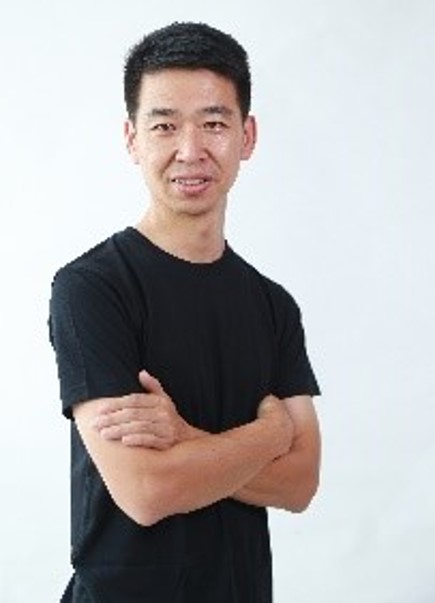
Key Technology of Connected Remote Valet Parking
Prof. Changhao Piao
Chief Scientist of Chinese Ministry of Science and Technology,
College of Automation Engineering,
Chongqing University of Posts and Telecommunications,Chongqing, China.
Abstract:
With the rapid development of intelligent cars, the autonomous valet parking technique has significant application value in intelligent cyber-physical transportation systems. The 5G-V2X-based off-site dispatching enhanced remote automotive valet parking (E-AVP) is the crystallization of the deep integration of network intelligence and single-vehicle intelligence, and is an important way to achieve L4 level autonomous driving. The construction of an enhanced remote valet parking system is a complex systems engineering. This talk will introduce the basic concept, system architecture, electrical architecture, operating system and the corresponding supporting technologies for the construction of an E-AVP system. The presentation will cover interactive decision-making methods, parking guidance ways, parking trajectory planning strategies, and blockchain communication algorithms of the E-AVP system in detail. Moreover, significant demonstration results will be shared with all.
Biography:
Dr. Changhao Piao (Chief Scientist of Chinese Ministry of Science and Technology) is a professor in College of Automation Engineering,Chongqing University of Posts and Telecommunications(CQUPT). He received Ph.D. degree from INHA University, Korea in 2006. His research interests mainly include intelligent vehicles, electric vehicles etc. He has published more than 50 international journal, such as IEEE TII、Journal of Energy Storage etc. As a Chief Scientist of Chinese Ministry of Science and Technology, he are leading a National key R&D program.



